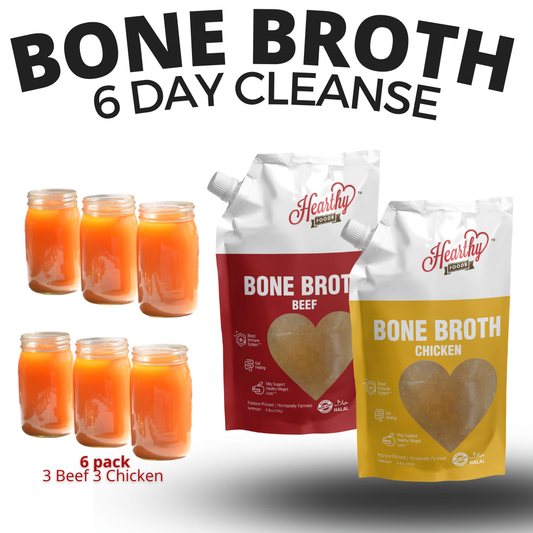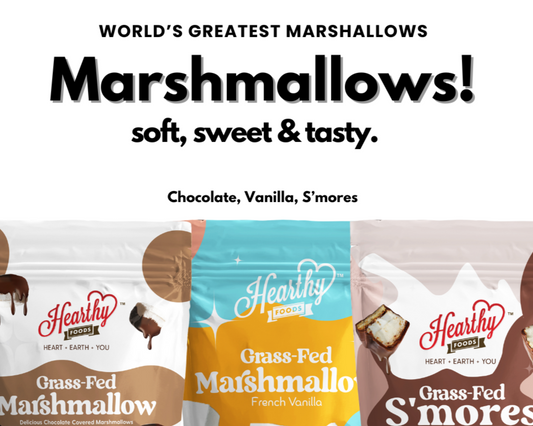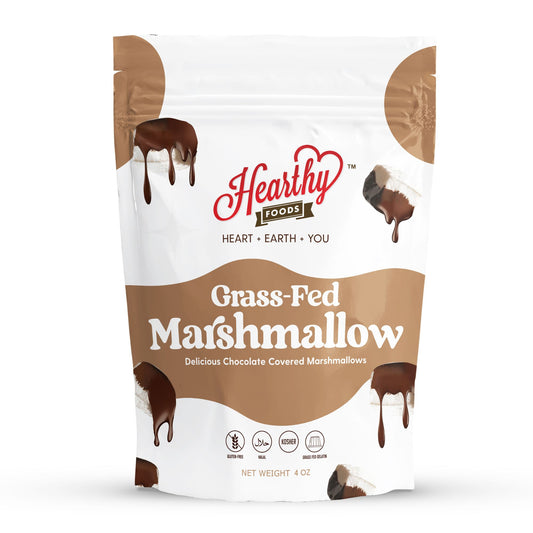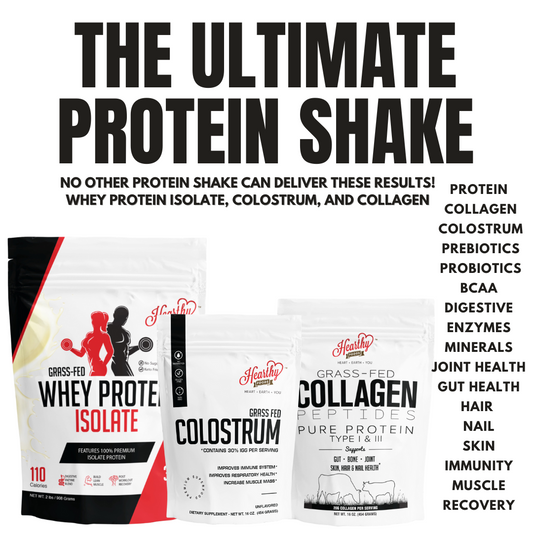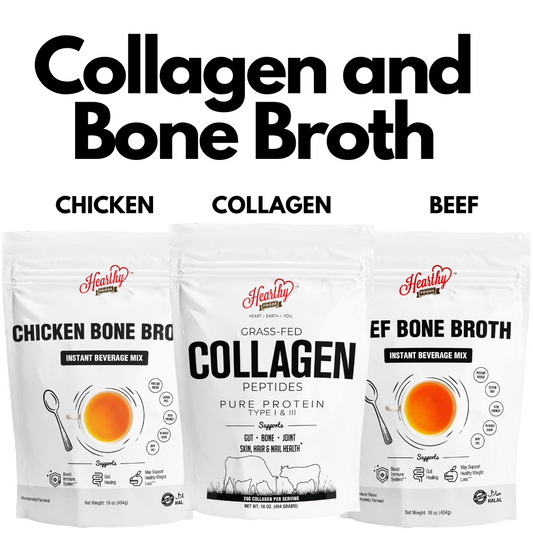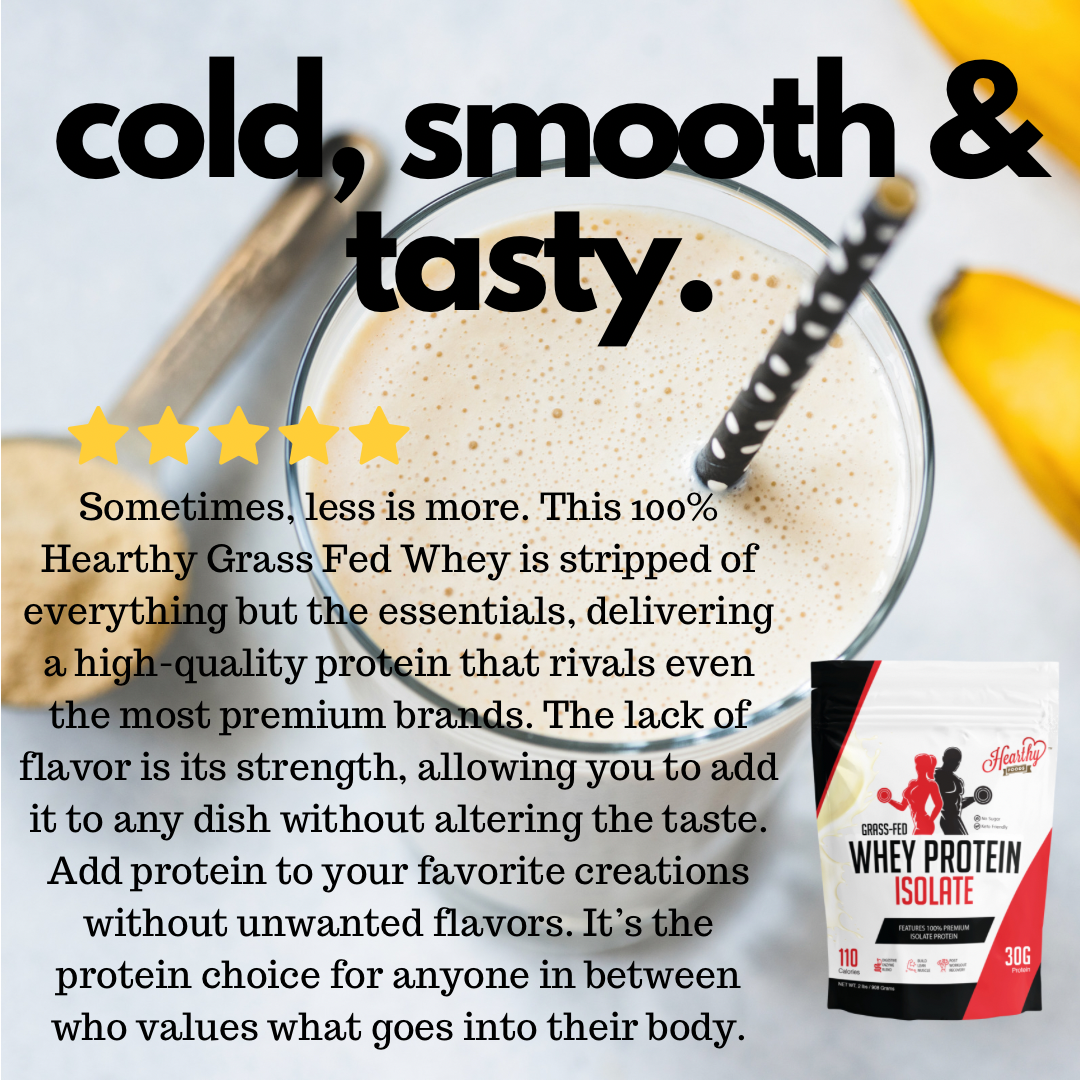For the longest time, the only types of flour in my life were all-purpose and wheat. I had no idea that fruit and vegetable flours existed, or that they would even hold up in a recipe … until I tried apple flour. The cold weather was making me crave baked goods, so I poked around the pantry and pulled out some apple flour I had bought a few weeks ago out of curiosity. I followed a recipe on the back of the package for chocolate chip cookies, spooned out the dough, and popped a tray into the oven. They were delicious! The flour gave the cookies a soft, fluffy texture, and I couldn’t taste a trace of apple.
Why swap apple flour for all-purpose? We can all agree that cookies are still an indulgence. However, using apple flour increases the fiber and antioxidants in your baked goods. Higher fiber and antioxidants translate into a wealth of health benefits.
The flour is so light that many bakers prefer it for baked goods that need a fluffy texture. You can also use it to thicken sauces and mixes or even as a sugar substitute.
Apple flour already has a decent amount of sugar. So, some healthy-minded bakers like to swap it in for sugar (a one-to-one ratio) for any recipe. If you’re a first-time baker, try following a recipe that is designed for apple flour. That way, your baked goods will have a better balance of other wet and dry ingredients.
Apple Flour Nutrition Packs a Punch
Because apple flour is made from the fiber-rich portions of the apple, it contains an impressive amount of fiber. “High fiber foods can reduce your risk of developing colon cancer, prevent constipation, and help you maintain an ideal body weight by making you feel fuller for longer and reducing your urges to overeat,” says Sara Speckels, a plant-based chef, certified health and wellness coach, and owner of Farmacy Revolution.
Most of the fiber in apple flour comes from pectin, a soluble fiber. Soluble fiber is the kind that draws water into the gut and slows down digestion. “Soluble fiber, such as pectin, is especially important because it can help lower your blood cholesterol levels and may reduce your risk of developing heart disease,” Speckels says.
The benefits of soluble fiber don’t stop there. “It can also stabilize your blood sugar levels and aid in managing type 2 diabetes,” she adds. “Soluble fiber also plays a key role in creating a healthy and diverse population of friendly bacteria in your digestive system which can reduce inflammation, improve your digestion and overall mood, as well as help regulate and support your immune system.”
In addition, the antioxidants in apple flour aren’t lost during the manufacturing process. Research published in the journal Antioxidants shows that apple flour is rich in flavonoids like quercetin. Quercetin is a plant compound that reduces inflammation and may protect against heart disease and cancer.
Are there downsides to eating apple flour?
The only downside that Speckels can think of is apple flour’s potential to create bloating and allergies. “Although there are many benefits to adding soluble fiber-rich foods to your diet, such as apple flour and pectin, it can cause bloating and/or gas,” she explains. “It is recommended to gradually increase your fiber intake slowly and consume fiber in moderation. It also should be noted, as with any food, it is possible to have or develop an allergy to it.”
If you have a history of fruit allergies, talk to your doctor before trying apple flour. If not, try adding the flour to your diet gradually as Speckels suggests. And check out these tricks to nix bloating.
Sweet Recipe Ideas
Ready to test out apple flour for yourself? Speckels suggests an easy, no-bake recipe for what she calls apple power bites, a tasty midday snack or a healthy dessert. All you need is 1 cup of apple flour, ½ cup of rolled oats, ¼ cup of raisins, 1 teaspoon of ground cinnamon, and ½ cup of peanut butter.
“Place the apple flour, oats, raisins, and cinnamon in a food processor and pulse five to eight times to thoroughly combine,” Speckels says. “Transfer the mixture to a mixing bowl and stir in the peanut butter. Form the mixture into ping-pong-sized balls.” Feel free to eat these apple bites right after you make them, or store them in the fridge in an air-tight container for up to a week.
article written by Jenna Cartusciello


